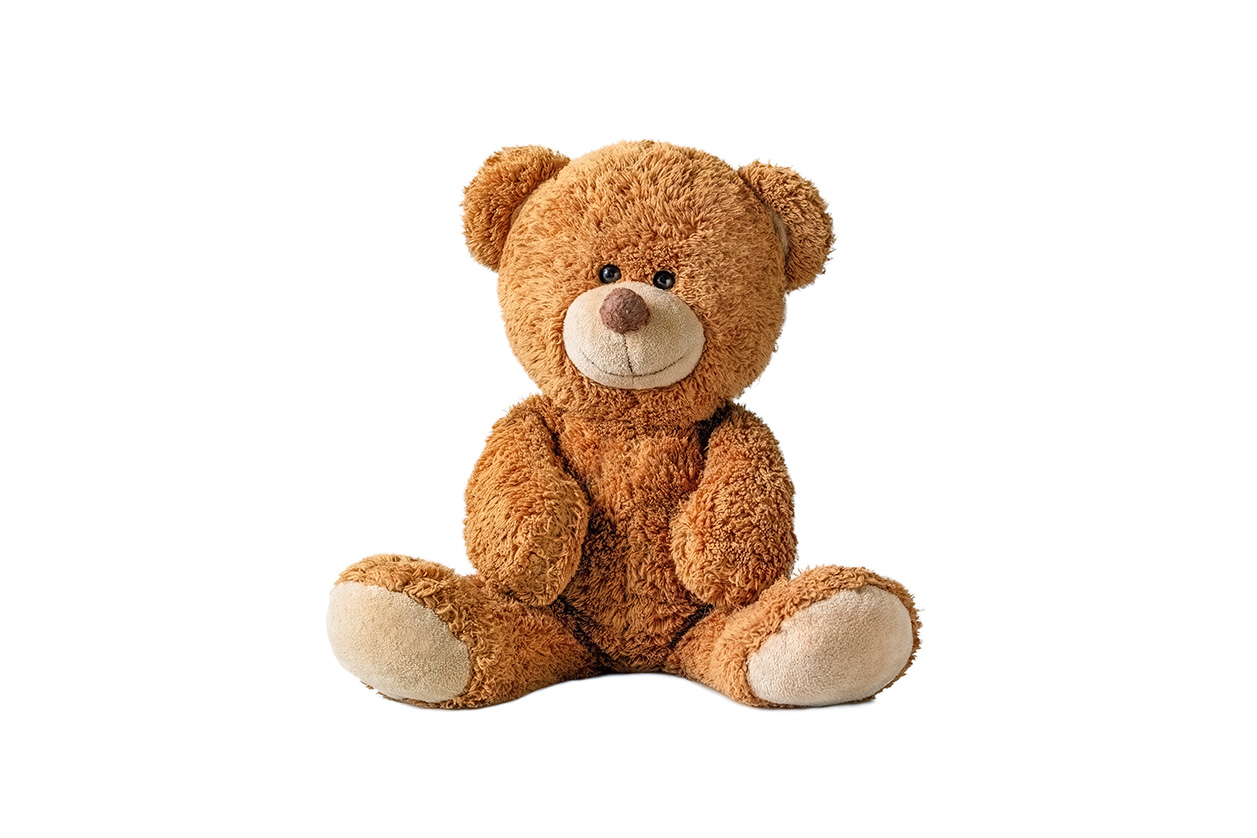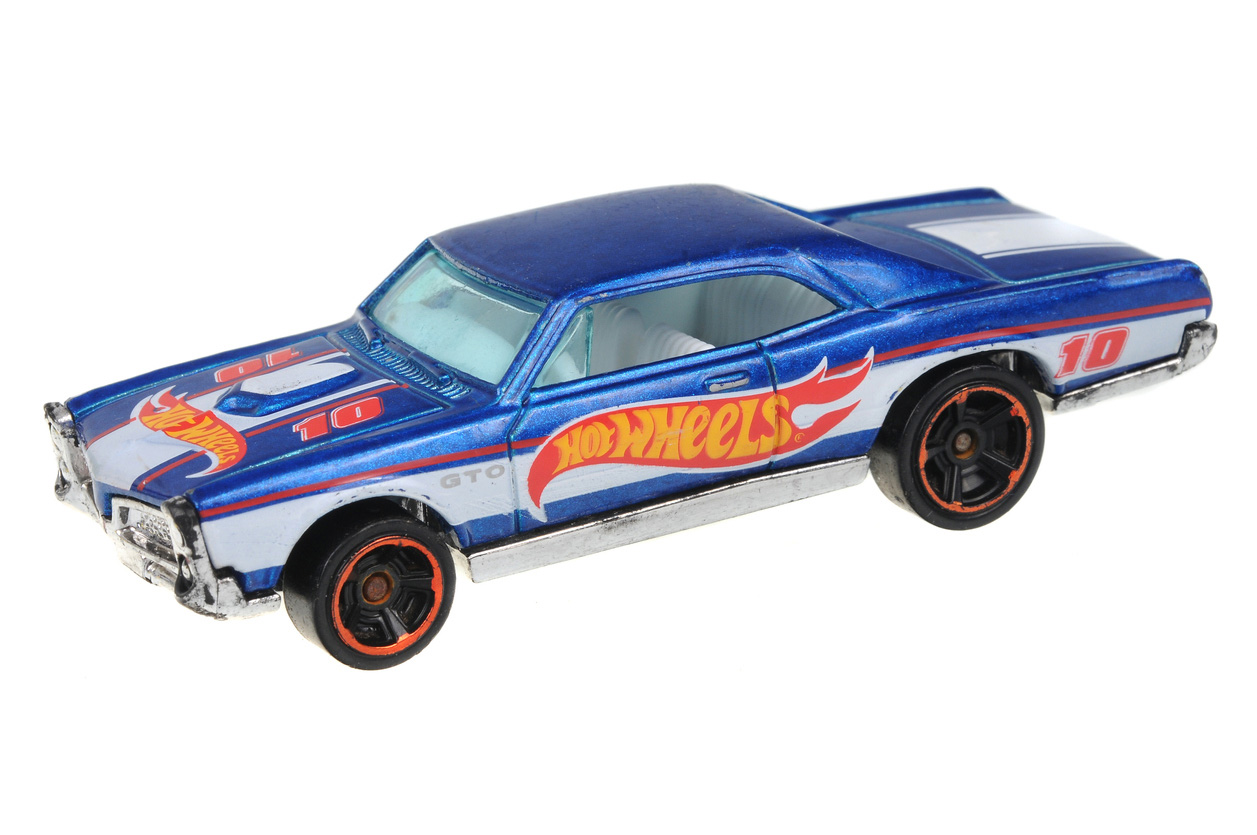Bears in Toyland
by Hugo Bravo

The name “teddy bear” derives from U.S. President Theodore Roosevelt, who was often referred to as “Teddy,” a nickname he hated.
The Salvation Army’s contribution to Toyland, a two–day Christmas celebration at the Jackson Township Senior Center in Jackson, N.J., begins with a gift of about 2,000 teddy bears.
When the bears arrive at the center in November, courtesy of the New Jersey Salvation Army Service Extension, the seniors dress every single bear with tiny outfits they’ve been crocheting all year.
“This is a beautiful community partnership,” says Esther Leon, service extension director in New Jersey. “The seniors say this is one of their favorite and most therapeutic activities, and they look forward to doing it all year.”
The bears are then part of Toyland. With the help of its residents, the Department of Public Works, and about 100 volunteers, the center becomes a Christmastime destination for the community. Visitors take pictures with beloved Christmas, Disney, and comic book characters, thanks to high school students who appear as Frosty the Snowman, Batman, Princess Elsa, Woody the Cowboy, and more.
There’s also a market where people can buy homemade Christmas gifts, such as candy jars and tree ornaments that are lovingly crafted by seniors at the center.
Toyland hosts Santa and Mrs. Claus, who are ready to give every child one of the dressed–up teddy bears. Leftover bears are given away at Salvation Army food pantries, service units, and a local women’s shelter.
When Toyland started back in the 1990s, the main goal was to bring the young and old together to share the spirit of the holiday, according to staff at the center. The center’s actors group, The Twilighters, originally were the ones dressing as holiday and fairy tale characters. As Toyland grew over the years, the center recruited the help of a local Girl Scout troop and clubs from Jackson high schools.
Toyland brings together a large community but with a small–town feel. It all starts with the gracious donation of teddy bears from The Salvation Army, according to one staff member at the center, who called the Army the “backbone of the event.” In return, the staff is proud to hear the Army kettle bell ringing every year. Toyland also has a table of information and a representative who talks to attendees about the work that The Salvation Army does year–round.
“At Toyland, we can share information with parents about overnight camp opportunities for their kids, and Christmas service programs at the nearby Salvation Army Ocean County Citadel church,” Esther says.
“We bring a volunteer sign–up sheet,” says Gloria Jefferson, south regional manager of The Salvation Army New Jersey Division. “Those high school kids in costumes are always open to doing more for their community. Sometimes teens think they’re too old or too cool to participate in Christmas. But they really enjoy being part of Toyland and interacting with the younger crowd.”
“An event like Toyland shows a certain beauty in the community that we may not always notice,” Esther says. “The families, the volunteers, and the veterans at the center always share their own history and connection with The Salvation Army, and how happy they are to give back and support us. To them, our red shield gives them a sense of hope.”
Famous toys

Japanese toy company Nintendo is known today for its video games, but when it was founded in late 1889, it made only playing cards called Hanafuda, or “Flower Cards.”

Hot Wheels cars were inspired by the British brand Matchbox. While Matchbox made exact mini replicas of cars, Hot Wheels created flashier, more imaginative hot rod styles. The competition between the toy car companies ended in 1997, when Mattel, maker of Hot Wheels, acquired Tyco, which owned Matchbox.

Hungarian professor Ernő Rubik invented the Rubik’s Cube in 1974. It’s the bestselling toy in history, with over 450 million sold.

Magie created The Landlord’s Game to prove that an economy that rewards individuals works better than one where a single enterprise controls all supplies. Game designer Parker Brothers bought the rights to The Landlord’s Game and, in 1935, renamed it Monopoly.
* iStock (4)

